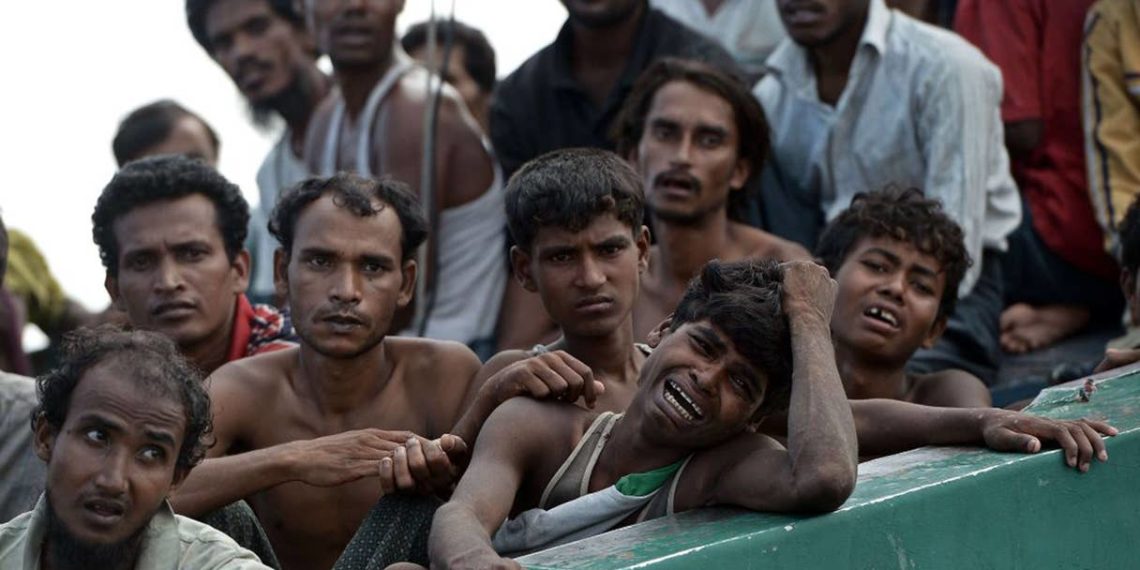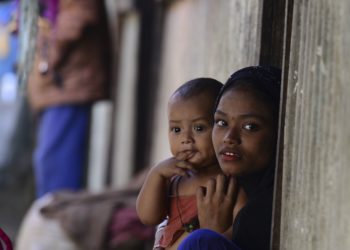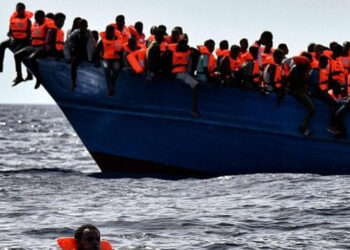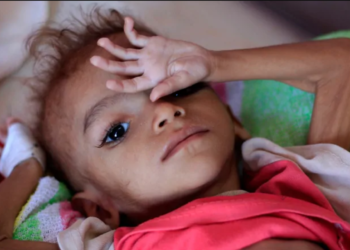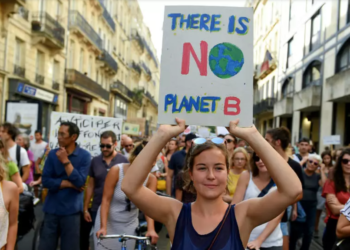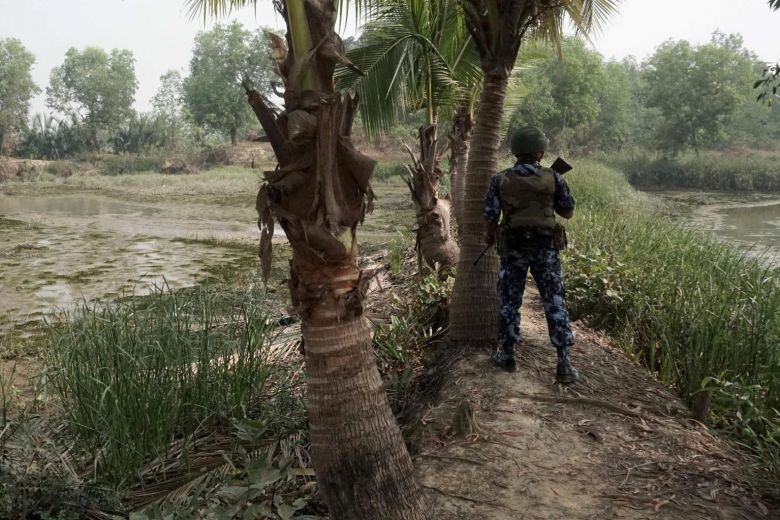Recent reports about the United Nations’ response to Myanmar’s persecution of the Rohingya minority highlights just how deep the U.N.’s dysfunction has become. U.N. officials now openly worry that ongoing aid provision to internally displaced Rohingya civilians confined to squalid camps within Myanmar will have the unintended effect of “entrenching segregation,” effectively helping Myanmar in its efforts to isolate the Rohingya.
In August 2017, Myanmar’s military launched “area clearance operations” against the Rohingya in its western Rakhine Province, driving nearly three-quarters of a million citizens into neighboring Bangladesh. A U.N.-backed fact-finding mission labeled the operation as genocidal and said it included mass killings, rape, and the burning of hundreds of Rohingya villages.
UN’s Inadequate Response
Despite numerous warning signs, the U.N. was largely caught flatfooted by the violence in the Asian country. In the months following the attacks, U.N. officials seemed unable to come up with a clear and consistent response. The organization’s apparent impotence and disarray in the face of one of the most severe incidences of state-sponsored mass atrocity since its founding 75 years ago left many observers aghast.
Worries about the U.N.’s inadequate response have only intensified in the nearly two years since the bloody events of August 2017. Most Rohingya have fled and remain stranded in a string of overcrowded temporary refugee camps in Bangladesh’s Cox’s Bazar region. They have little prospect of safe return to their homes and are unwanted by the Bangladeshi government.
But hundreds of thousands remain in Myanmar, where they need international attention and help more than ever.
Humanitarian Dead-End
Caught between incompatible goals – indirectly supporting Myanmar’s plans to segregate the remaining Rohingya permanently or discontinuing aid in protest and abandoning the Rohingya in Myanmar to their fate – the U.N. seems to have boxed itself into a terrible corner.
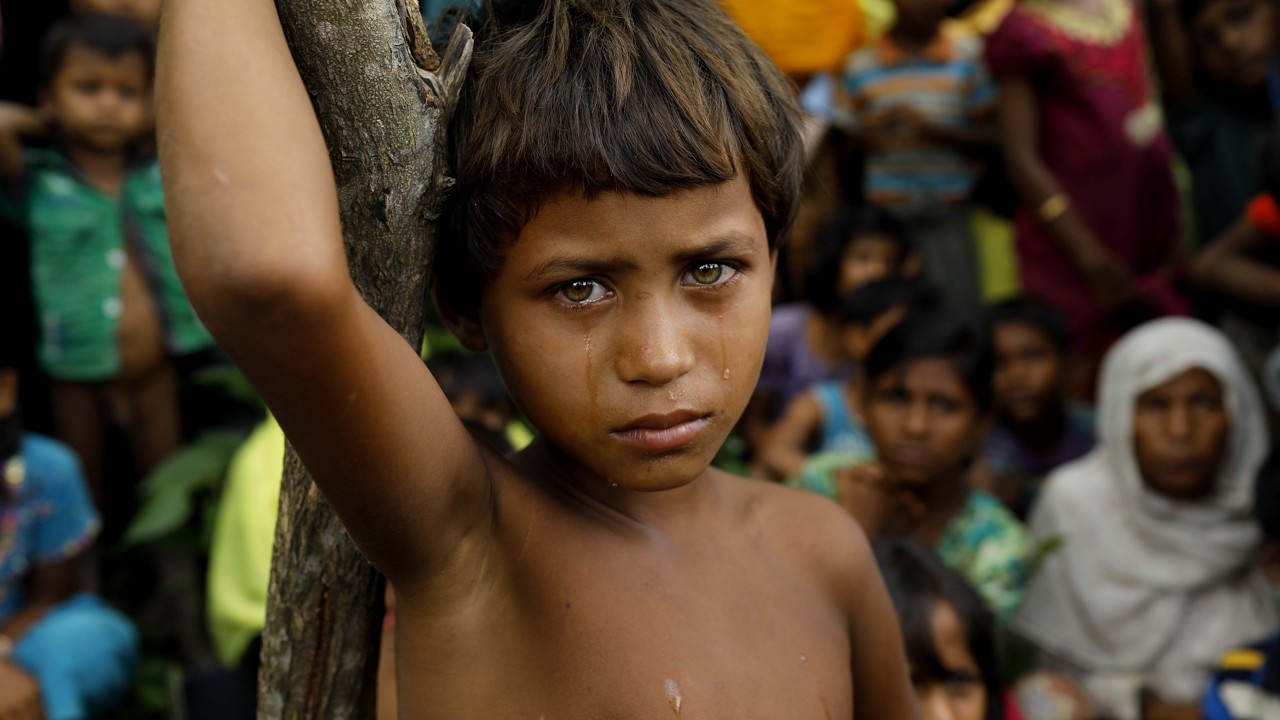
How has the U.N. found its way into this humanitarian dead-end? It’s a question that top U.N. officials have been asking as well. To find some answers, the U.N. commissioned Gert Rosenthal, a veteran Guatemalan diplomat, to draft a report on the U.N.’s response to Myanmar’s Rohingya persecution.
Released at the end of May, the report is written in the careful, measured, and circumspect tones of a master diplomat. But for anyone familiar with business as usual at the U.N., Rosenthal’s report was strikingly blunt and sweeping in its criticism.
UN’s Three Pillars
Since its founding at the end of the Second World War, the U.N. has tried to find a balance between the three “pillars” of its core mission: international peace and security, development, and the promotion and protection of human rights.
Ideally, these three pillars mutually support one another. Specifically, the U.N.’s development arm can offer positive incentives, carrots, meant to persuade rights-violating states to conform to international standards. The promise of ongoing development assistance (including the elimination of economic sanctions) is intended to build political traction that will grease the rails for internal political reform.
But the human rights enforcement pillar, Rosenthal notes, frequently takes a drastically different approach to dealing with violator states: a far more “muscular” and confrontational engagement, gathering whatever sticks the international community has at its disposal to compel a sovereign state to stop preying on its own citizens.
Carrots and Sticks
It’s this harder-edged response to international crimes that the U.N. formally adopted as the doctrine of the 2005 Responsibility to Protect. That policy was meant to express a watershed, transformational moment in the U.N.’s own conception of its role in international human rights enforcement: if states are unwilling or unable to protect the basic human rights of their own citizens (or are the chief perpetrators of severe human rights abuses), then the international community, authorized by the U.N. Security Council, is authorized to take coercive measures, including “kinetic” ones, to protect vulnerable civilian populations.
In fact, a number of U.N. agencies, such as the Offices of the High Commissioners for Human Rights and for Refugees, and the Special Advisors on the Prevention of Genocide and the Responsibility to Protect, have been forceful and influential international actors.
As Rosenthal makes clear, these two approaches – constructive engagement and sanction-backed coercive diplomacy – are far from mutually exclusive, at least in principle. In reality, it’s hard to imagine a successful diplomatic strategy in response to situations as complex and dangerous as state-sponsored atrocity violence that would not draw on both, with each approach strengthening the other.
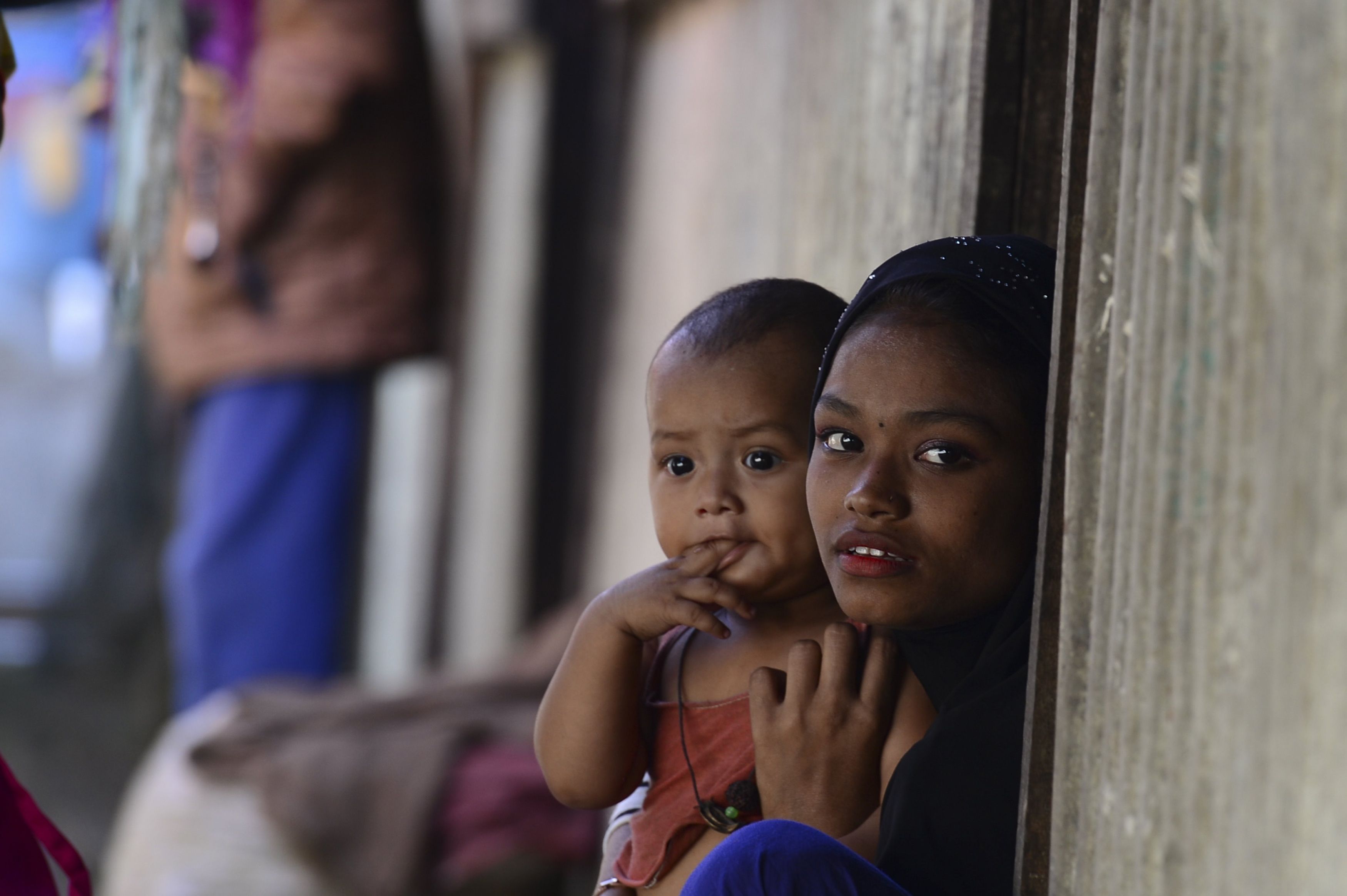
The problem is that the U.N. has found no way to do this. Worse, in its bungling response to the Rohingya crisis, the organization turned these two approaches against one another – just as its development and human rights missions turned from pillars to silos.
As the U.N. development teams stuck to their soft-diplomacy approach, they downplayed, underestimated, and in some cases knowingly distorted the clear warning signs of impending disaster in the months leading up to the August 2017 military attack.
UN’s Powerlessness
The Security Council, in its now familiar mode of political paralysis because of promised vetoes by China and Russia to any forceful resolution, effectively withdrew itself from the action entirely, apart from the usual expressions of disapproval. Communications between the U.N.’s civil service branches and consultation between relevant agencies slowed almost to a stop.
The problem, in other words, was not – or wasn’t just – an agency overwhelmed by events and its own limited capacities. Instead, the U.N.’s powerlessness to respond appropriately to Myanmar’s aggression was the direct consequence of structural and systematic factors.
The UN said Myanmar's military is attacking its own civilians again and it "may constitute war crimes."
The army has driven 700k+ Rohingya Muslims out of the country to Bangladesh and many don't want to go back. pic.twitter.com/NBUwdZMlCW
— AJ+ (@ajplus) April 8, 2019
Far from supporting one another, the two approaches of soft and hard diplomacy undermined and defused one another. In the process, the U.N. managed to send deeply mixed signals to Myanmar’s military. And the army interpreted those signals to mean that there would be no serious opposition to their campaign against the Rohingya. Tragically for the Rohingya, they were correct.
Aid for Rohingya
This same scenario and these same structural and systemic problems continue to hobble the U.N. as it wrestles with the problem of continued humanitarian support to the Rohingya remaining in Myanmar’s territory.
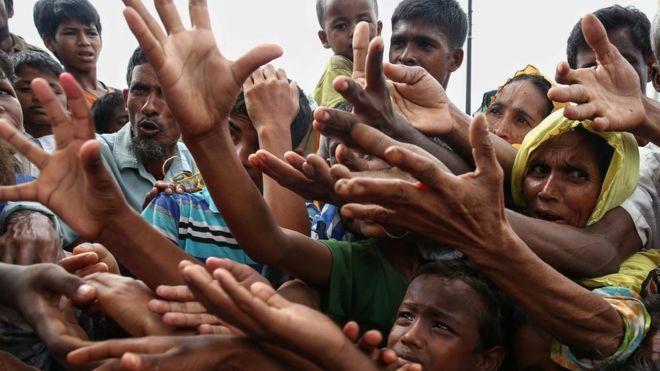
Continuing to provide aid even after the internally displaced Rohingya are moved to new quarters within Myanmar is a perverse incentive. It rewards rather than punishes the military for its policy of segregation and apartheid for the Rohingya within Myanmar’s borders, just as much as its policy of ethnic cleansing in driving the majority of the Rohingya out of the country.
Not providing aid, on the other hand, deepens and sharpens the desperate plight of thousands of innocent civilians, betraying the U.N.’s responsibility to come to the aid of those who need them most.
Caught between these two equally terrible alternatives, the U.N. finds itself in a trap largely of its own making.
Overcoming UN’s Structural Flaws
Rosenthal’s report ends with a somewhat disheartening list of modest recommendations designed to help the U.N. move beyond its structural flaws: improve communication between the organization’s development and human rights branches; reduce the stove-piping of information and policy directives to include the full range of the U.N.’s many agencies and actors; stop bickering – especially in public – about operational and political internal disagreements; find a path toward a unified strategy.
These are all perfectly reasonable suggestions. However, in the context of the U.N.’s growing dysfunction, they are deeply unlikely to be implemented. More depressing still, Rosenthal notes that his own report largely replicates an earlier report, also commissioned by the U.N., diagnosing the organization’s manifest failures in the calamitous ending of Sri Lanka’s long civil war. That report led to the 2013 Secretary General’s Human Rights Up Front initiative, expressly committing the organization to a more vigorous and less ambivalent commitment to rights protections.
We now know how very little of that message was received. It’s also become clear just how little Myanmar’s military leaders see the U.N. as a credible threat to bring them to account for their past actions, or as a likely obstacle to limit their future ones.
With so many international actors paralyzed in the global struggle to protect the human rights of the most vulnerable, the U.N. has never been more needed. Unfortunately for the Rohingya and so many others, it has never been less effective.
Disclaimer: The views and opinions expressed here are those of the author and do not necessarily reflect the editorial position of The Globe Post.

